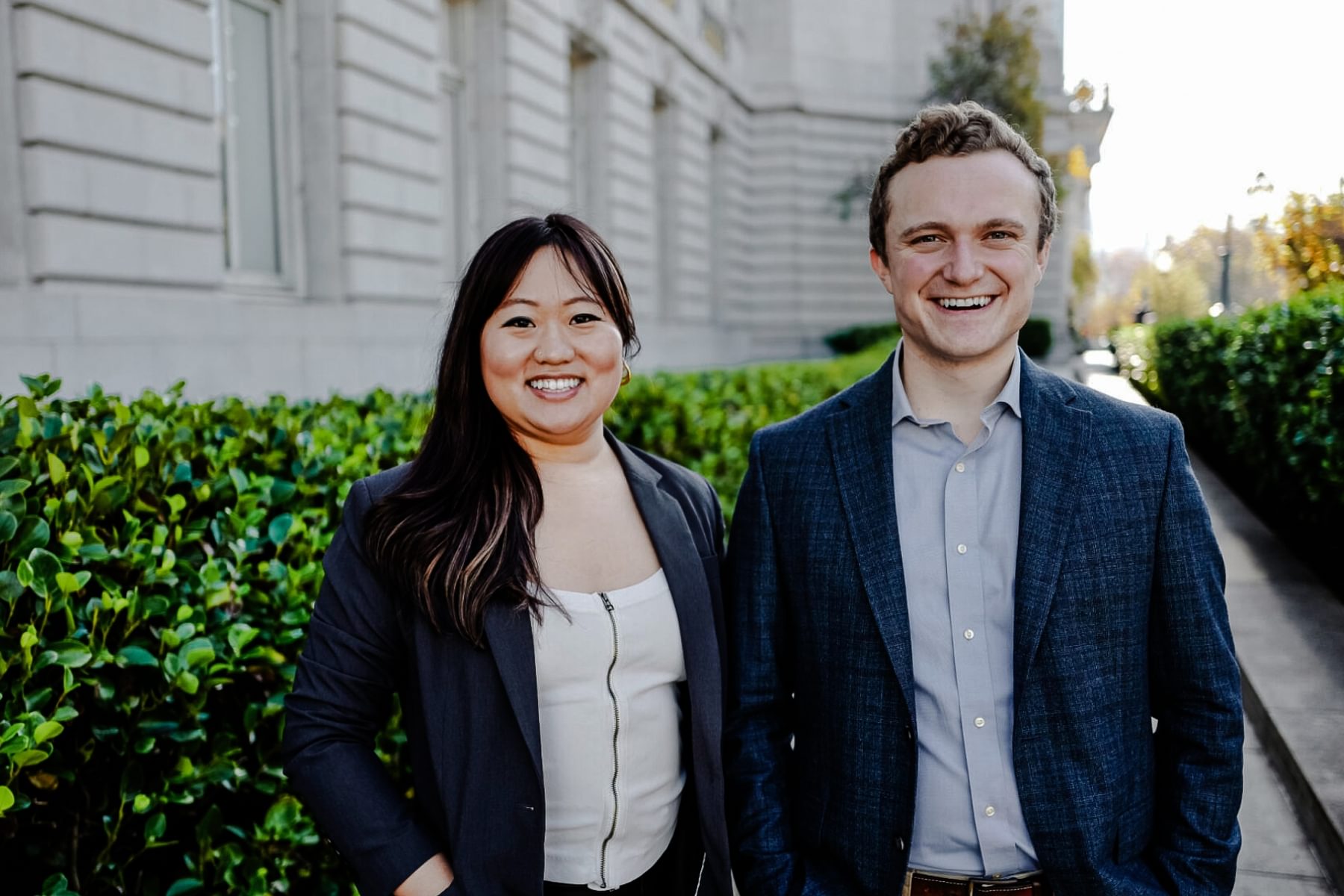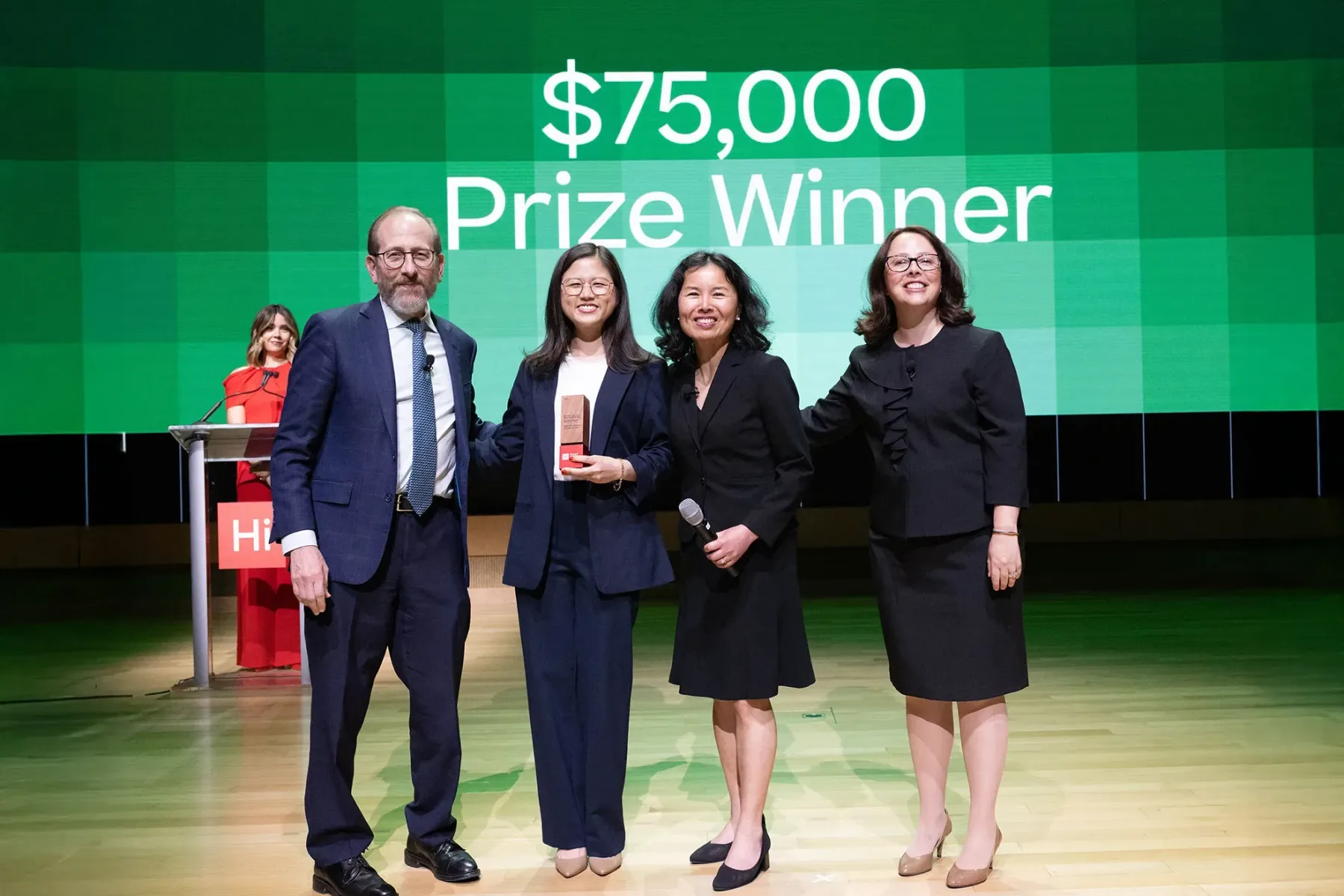Soon after arriving in Massachusetts in 2021 to pursue joint degrees from Harvard Business School and Harvard Kennedy School, Cherie Chung (MBA/MPP’24) and Brendan Hellweg (MBA/MPP’24) began talking about what brought them to the University.
“Being in a small cohort of joint-degree seekers, we really connected over a shared interest in how technology and government intersect,” said Hellweg.
Prior to coming to Harvard, Hellweg worked in the Baltimore mayor’s office for several years. There, he started a public health program and grew it to 275 staff. Chung was an early employee at a startup focused on improving people’s experiences when trying to access government benefits.
During their time at HBS and HKS, Chung and Hellweg took numerous business and government classes, and also participated in internships at the World Bank, tech startups, and venture capital firms. In the final year of the joint degree program, they decided to partner for their capstone project: writing a startup business plan.
Their initial startup idea evolved into Holly, a platform that helps public sector organizations recruit and retain employees. Holly offers AI-driven job design, compensation planning, and workforce analysis for local government hiring, helping cities and towns hire better talent, faster.
This spring marks one year since Hellweg and Chung graduated. They recently sat down with the Harvard Innovation Labs to share how they started working on Holly as students, their experience with pivoting and fundraising, and the progress they’ve made in growing their customer base and team.
The evolution of an idea
When Chung and Hellweg began brainstorming ideas for their capstone project, they knew they wanted to focus on local governments. More than 20 million people across the United States are employed by state and local governments, according to the U.S. Bureau of Labor Statistics. Of these 20 million, approximately three quarters are employed by cities and towns.
“Our goal was to have the most impact,” said Hellweg. “We wanted to go after the largest category with the most customers, with the most opportunity to experiment and try new things.”
Their initial startup idea was in government service delivery, which involved a platform to help people “make requests for city services, like filling in potholes, and report on events in their community,” said Chung. They built an app and secured a pilot customer. While the app received positive user feedback from staff, the jurisdiction determined that its 30 vacant public works roles would leave it unable to respond to all the inbound requests the new platform would bring.
“That became a signal for us that government hiring was the core problem,” said Hellweg. “We knew if we could solve hiring, then everything else becomes possible.”
Hellweg and Chung spoke with more than 100 city managers and HR directors in local government to understand their core pain points with hiring. “We kept hearing this idea that we didn't understand at first: ‘By the time we post a job, we've already lost,’” said Hellweg.
They soon found that it can take more than 119 days to make a hire in the public sector, compared to 36 days in the private sector, according to NEOGOV. Hellweg explained, “When a local government gets around to sending out their interview invites, candidates have already accepted offers in the private sector or at other organizations, and so they're losing the most competitive candidates because they have slower processes.”
In their final semester at Harvard, they pivoted: Holly went from being a public service request app to an AI-powered platform that streamlines the entire hiring process for local governments. While Hellweg mentioned it was “scary” to do a pivot given how close it was to graduation, they had “found this interesting signal and had to run towards it.”
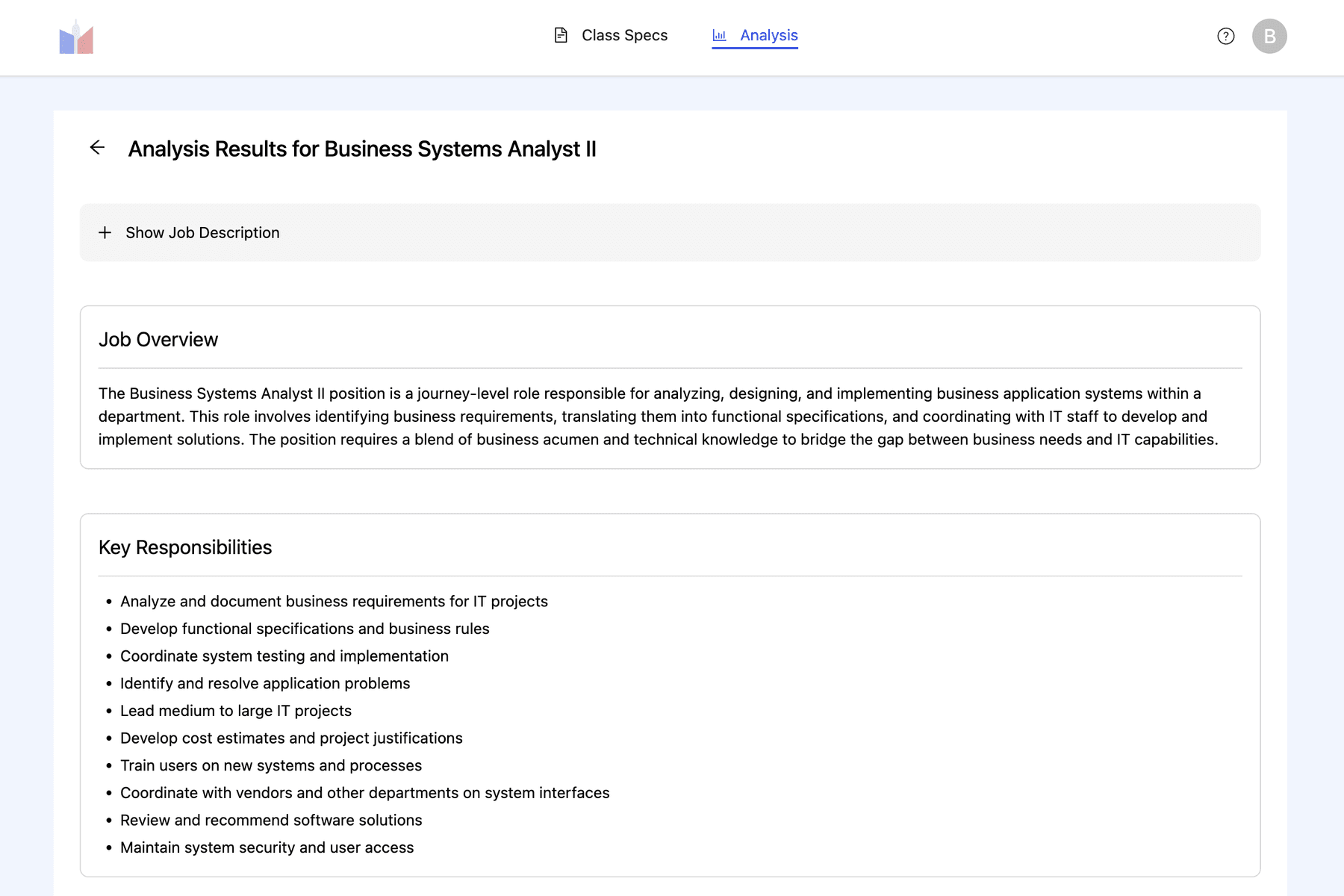
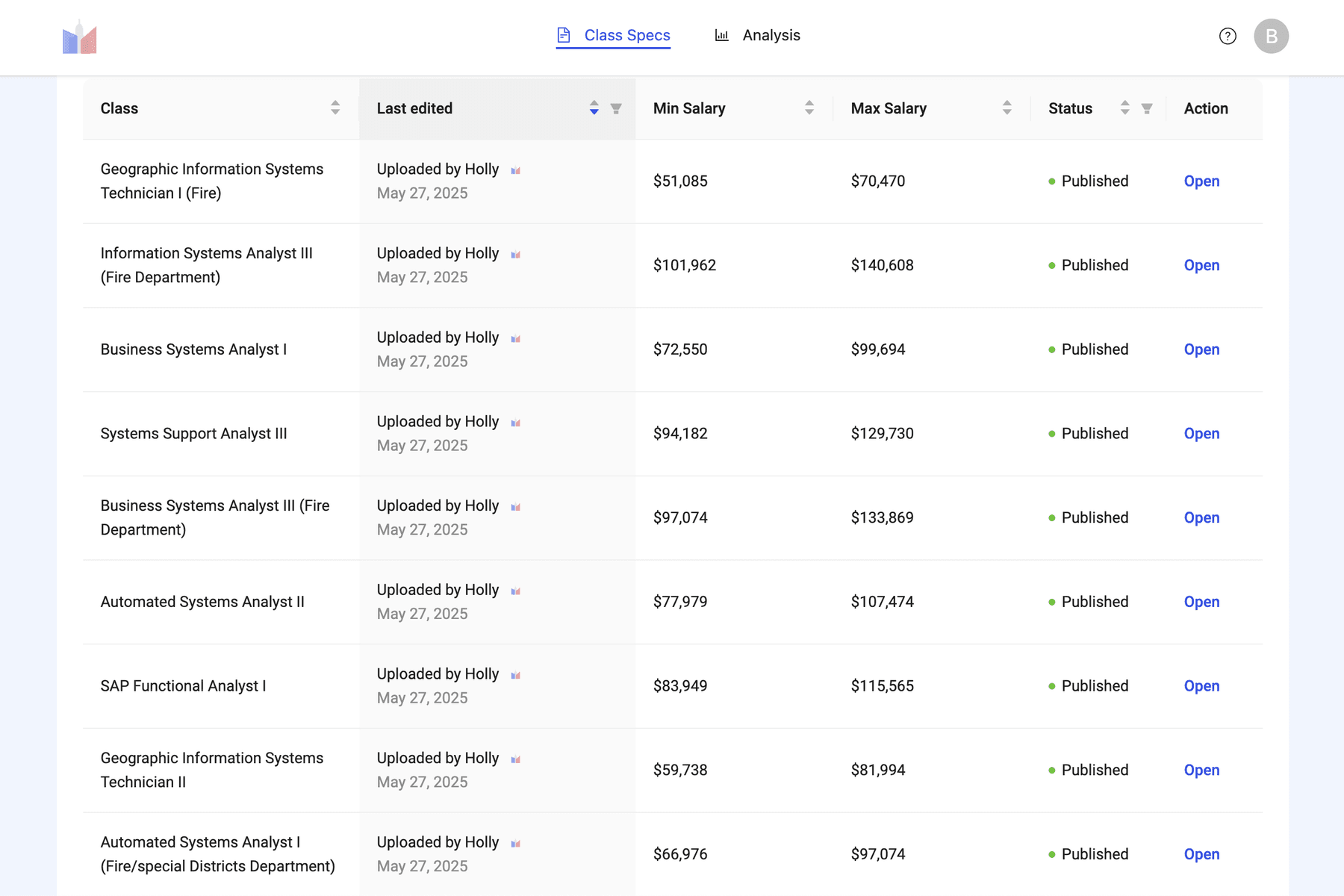
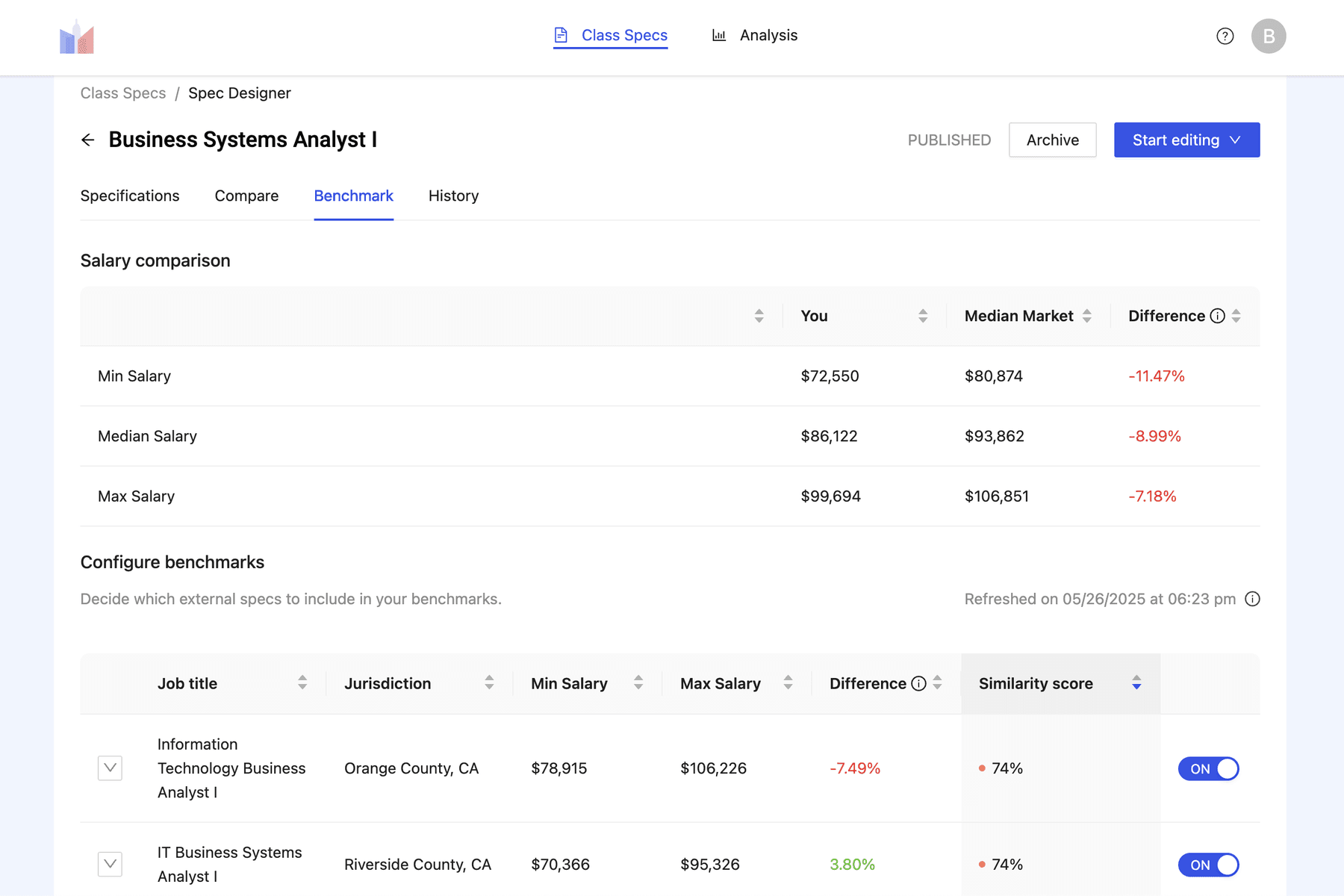
The power of introductions
The summer following graduation, Holly’s co-founders implemented their first pilot with the City of Long Beach in California and raised $100,000 from angel investors.
Hellweg shared that the angel funding came together through “personal networks as well as the Harvard network.” Soon after, their angel investors played a pivotal role in helping them raise $2.2 million in seed funding from fellow Harvard Business School graduates Christine Keung (MBA '20) of J2 Ventures and David Perez-Hernandez (MBA/MPP '20) of Roble Ventures.
"By the time we were done raising our angel round, all of our investors were able to contribute to our seed fundraising process by leveraging their networks,” shared Hellweg. “We got more than 40 introductions to investors, which allowed us to run a tight fundraising process over the course of September 2024. We were able to agree on term sheets after about five weeks.”
Working with local governments across the U.S.
In less than a year since launching, Chung and Hellweg report that local governments representing 1% of the U.S. population — or more than 3 million people — are using the Holly platform. In the coming weeks, this figure will increase to 2%. “We’re demonstrating a clear, repeatable sales and implementation process for medium and large jurisdictions that will enable Holly to scale,” said Chung.
When pointing to some of the early customer successes, Holly's co-founders highlighted how they’ve sped up hiring for the City of Long Beach. Traditionally, the process for approving a job description in local government can take “anywhere from six weeks to several months, and involve multiple meetings with subject matter experts and consultants,” according to Hellweg. Long Beach has been able to use “Holly’s data and informed recommendations” to reduce the process of drafting and approving a job description to a single meeting. This leads to “faster hiring and less money paid in overtime to staff covering for vacant roles,” said Chung.
In addition to making hiring faster, Holly’s platform is helping local governments ensure that their current employees are doing the jobs best suited for their evolving skill sets. “It's typical for local governments to do only a handful of reclassification requests a year,” explained Hellweg, which means elevating employees into new roles that are a better match. “With Holly, we’re seeing local governments analyze hundreds of reclassification requests, when they would typically do one or two at a time through highly manual processes.”
The ability to ask for help [at the i-lab] easily, quickly, and reliably, and receive it from people who are dealing with the same problems as we are, has been phenomenal.
Leveraging the i-lab space and community
In the year leading up to graduation, Hellweg and Chung spent most days at the Harvard Innovation Labs, where they used i-lab resources to grow Holly from a class project into a viable business.
“I remember, early on in our final year, we posted on the whiteboard that we were searching for engineering talent, and we got an intern that way,” said Chung. “We also connected with our founding engineer, Keiv Holding, through the i-lab network.”
Holly's co-founders also described the “amazing coaching” they received from Christopher Robert, a mentor in the i-lab network. “We still have a great connection with him,” said Hellweg. “He’s saved our business four or five times. He’s been phenomenal.”
More broadly, they cited the value of the i-lab community. “The ability to ask for help easily, quickly, and reliably, and receive it from people who are dealing with the same problems as we are, has been phenomenal,” said Hellweg.
Chung added, “The space is unique in terms of what is available around Harvard. It's an environment where I would have tons of impromptu conversations and check-ins, asking, ‘How is your startup?’ when I’d run into someone. I have a lot of friendships that started by just bumping into each other constantly at the i-lab. It really is a special place.”
